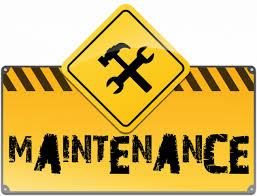Maintenance
In this stage, the change has been established for the past six months and the threat of returning to old behaviors becomes less intense or frequent.
There is always a chance of relapsing to old behaviors and re-cycling through the stages, so it’s important to continue planning for events that may trigger it. Recalling what helped through previous stages, reflecting upon mistakes made and how to prevent them without over analyzing or judging will help here.
467
714 reads
CURATED FROM
IDEAS CURATED BY
The idea is part of this collection:
Learn more about personaldevelopment with this collection
Ways to improve productivity
Strategies for reducing stress
Tips for managing email overload
Related collections
Read & Learn
20x Faster
without
deepstash
with
deepstash
with
deepstash
Personalized microlearning
—
100+ Learning Journeys
—
Access to 200,000+ ideas
—
Access to the mobile app
—
Unlimited idea saving
—
—
Unlimited history
—
—
Unlimited listening to ideas
—
—
Downloading & offline access
—
—
Supercharge your mind with one idea per day
Enter your email and spend 1 minute every day to learn something new.
I agree to receive email updates
